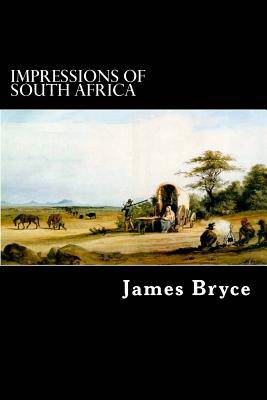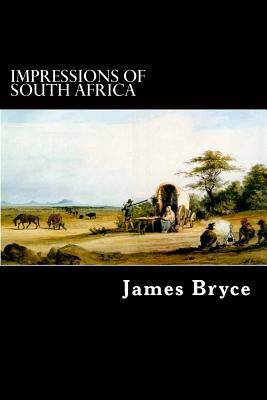
- Afhalen na 1 uur in een winkel met voorraad
- Gratis thuislevering in België vanaf € 30
- Ruim aanbod met 7 miljoen producten
- Afhalen na 1 uur in een winkel met voorraad
- Gratis thuislevering in België vanaf € 30
- Ruim aanbod met 7 miljoen producten
Omschrijving
James Bryce, 1st Viscount Bryce OM GCVO PC FRS FBA (10 May 1838 - 22 January 1922) was a British academic, jurist, historian and Liberal politician. Bryce's intellectual distinction and political industry made him a valuable member of the Liberal Party. As soon as the late 1860s, he acted as Chairman of the Royal Commission on Secondary Education. In 1885 he was made Under-Secretary of State for Foreign Affairs under William Ewart Gladstone, but he had to leave office after the electoral defeat the same year. In 1892 he joined Gladstone's last cabinet as Chancellor of the Duchy of Lancaster and was sworn of the Privy Council at the same time. In 1894 he was appointed President of the Board of Trade in the new cabinet of Lord Rosebery, but had to leave this office with that whole Liberal cabinet as soon as 1895. In 1897, after a visit to South Africa, Bryce published a volume of Impressions of that country (this volume), which had considerable weight in Liberal circles when the Second Boer War was being discussed. He was one of the harshest critics of British repressive policy against Boer civilians in the South African Partisan War. He condemned the systematic burning of farms and the imprisonment of old people, women and children in British concentration camps. Bryce was later made Chief Secretary for Ireland in Sir Henry Campbell-Bannerman's cabinet in 1905.
Specificaties
Betrokkenen
- Auteur(s):
- Illustrator(s):
- Uitgeverij:
Inhoud
- Aantal bladzijden:
- 578
- Taal:
- Engels
Eigenschappen
- Productcode (EAN):
- 9781490359595
- Verschijningsdatum:
- 2/06/2013
- Uitvoering:
- Paperback
- Formaat:
- Trade paperback (VS)
- Afmetingen:
- 152 mm x 229 mm
- Gewicht:
- 762 g

Alleen bij Standaard Boekhandel
+ 76 punten op je klantenkaart van Standaard Boekhandel
Beoordelingen
We publiceren alleen reviews die voldoen aan de voorwaarden voor reviews. Bekijk onze voorwaarden voor reviews.










